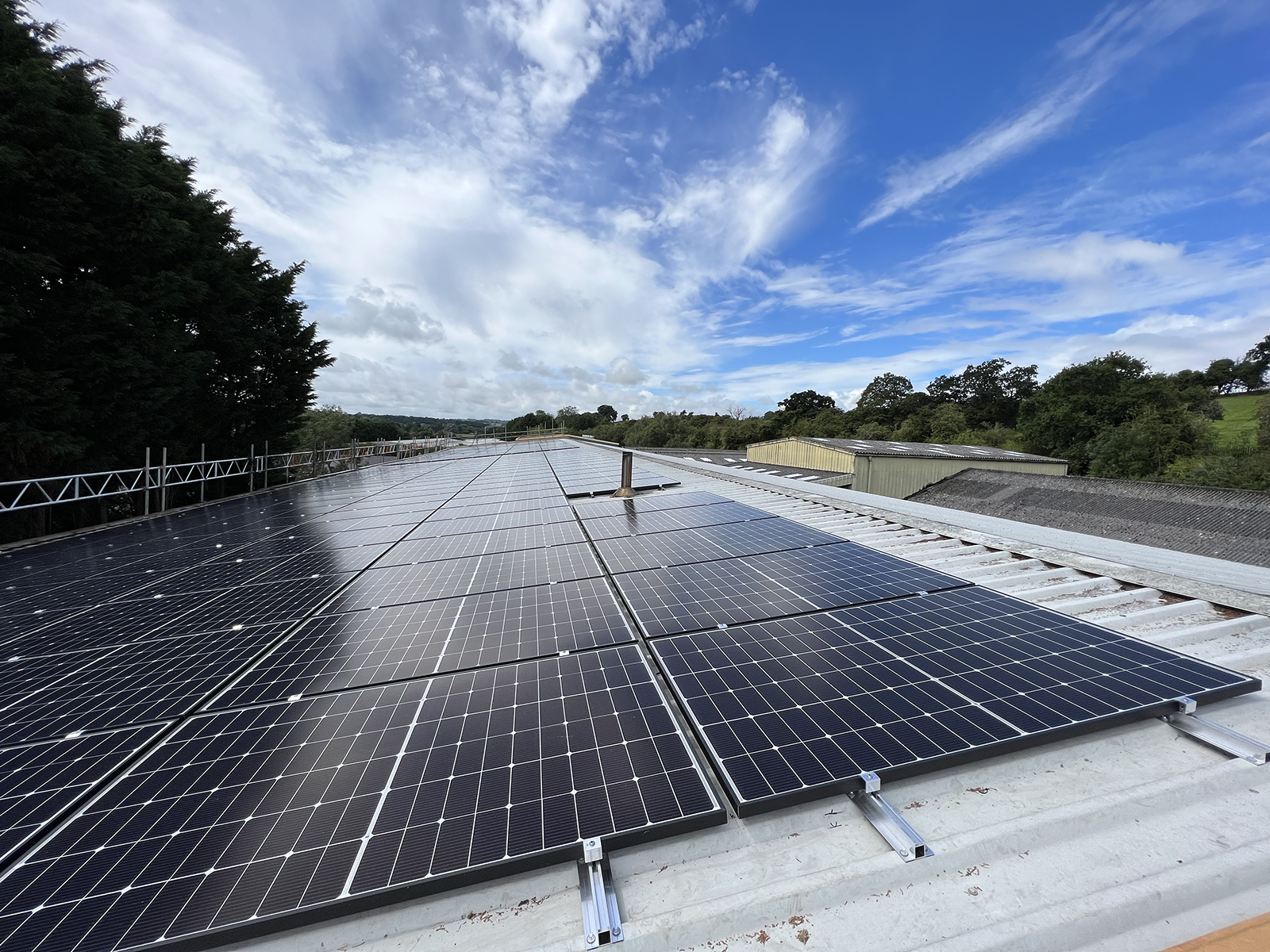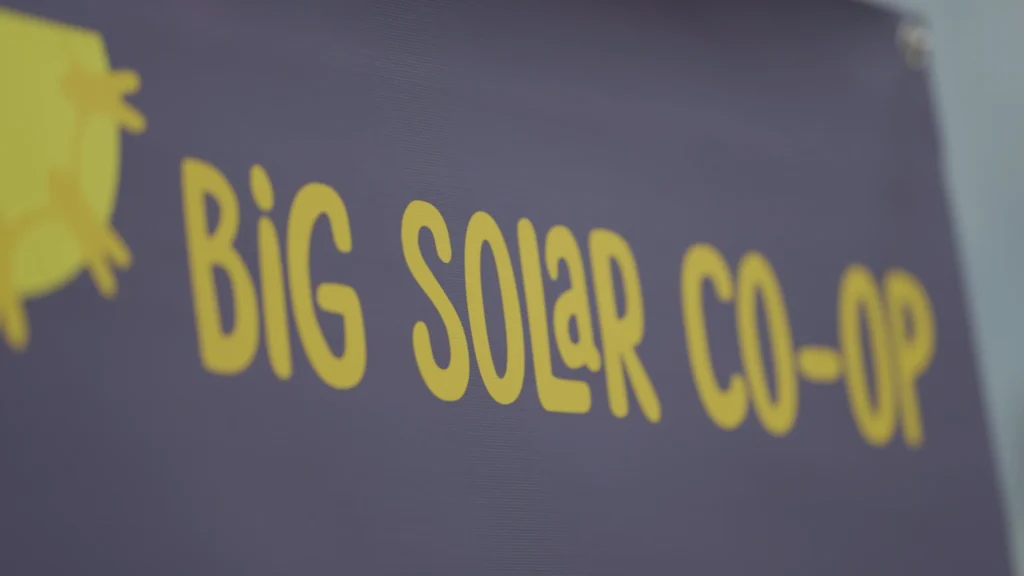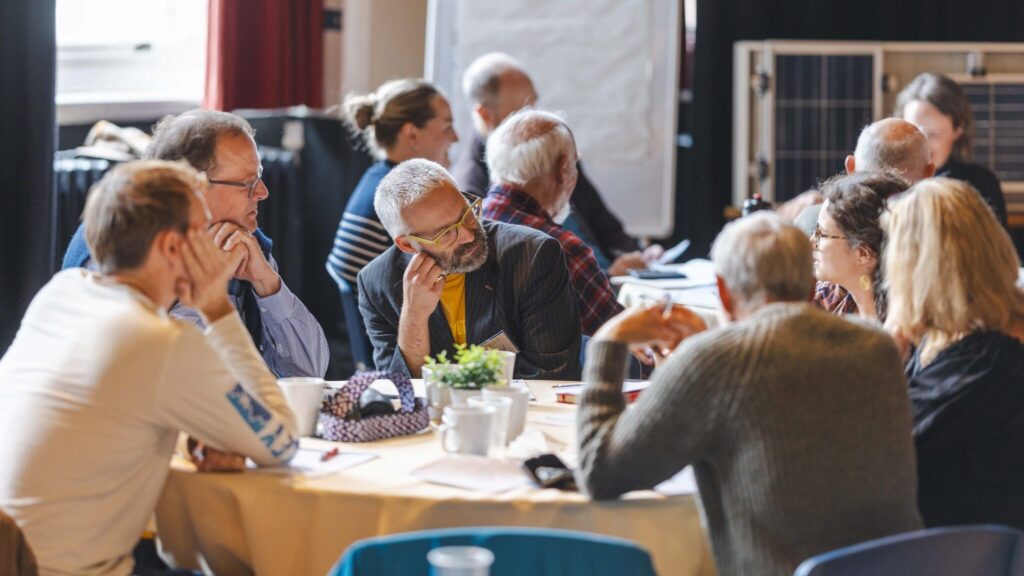We’ve partnered with Sharenergy to create CiviShares – an open source platform to manage community shares that makes it easy for people to invest in locally owned renewable energy.

The challenge
Sharenergy helps communities set up and manage community owned renewable energy societies. They run software that manages shareholdings in these societies as part of a wider package of services. It helps societies to keep track of investors and their investments, make interest and capital repayments, issue share certificates and statements, and communicate with their shareholders.
When they approached us in 2022, they were running an in-house system that they had built internally. It was based on CiviMember (CiviCRM’s membership component) which they had customised to meet their needs. What they had managed to achieve was impressive, but at the same time, there were some rough edges.

The internal developers were concerned that the existing platform wouldn’t scale to meet their growth plans, and they wanted to put it on firmer foundations and take the pressure off their internal development team. They also wanted to open up the platform to others in the community shares space who might want to collaborate.
We were very happy to help, and so began the journey to CiviShares.
A risky business
We all know of software projects that have gone over budget, over schedule, and have not lived up to their original promise. Software development is a risky business and it is good to go into it with your eyes open. Indeed, it is why for most clients we recommend sticking with existing off-the-shelf products.
In this case there were two good reasons to try something new:
- Sharenergy had already tried ‘out of the box CiviCRM’ and knew about it’s limitations for their use case.
- There was clear potential that this software could be useful to other community enterprises that manage shares.
One key question we always ask when embarking on a new software project is ‘What are the risks, and what steps can we take to minimise them?’ Here’s what that looked like in this case:
- We were lucky to be able to work with a team that had already developed a working system. There was lots of learning and insights that we could draw on, and a ‘prototype’ that we could look to for guidance.
- We choose CiviCRM as a development platform – it’s a tried and tested product that we know inside-out, so the only learning we had to do was around the business requirements.
- While we discussed potential new features, we agreed to limit the scope of this release to replacing and improving existing functionality. We can add new features once we have solid foundations in place.
- We broke the project up into a series of releases, and delivered each one to Sharenergy for testing and feedback. It’s much easier to incorporate feedback and adjust course early on, and it helps avoid surprises later down the line.
- We only committed to accurate estimates for the first release (and after that for the next release) since we knew that the scope of each could easily change based on what we learnt as we went. Being upfront about uncertainties enables constructive conversations about feasibility and where to focus resources.
- Last but not least, we invested significant time on discovery, ensuring that everyone involved on our side really understood the problem space. This resulted in many less bumps along the road.
The initial release is pretty much ready to go now. We are in the process of beta testing and deploying it at Sharenergy and also at two other energy co-ops.
Early feedback has been very positive which we think is in large part due to our open and collaborative approach to managing risk.
Collaboration and impact
From the beginning, Sharenergy’s vision has been that CiviShares becomes a tool that is used across the community share sector. This chimes with our own desire to work on projects with a wider impact.
If you’ve written a great new software application that you want to make freely available to others, you might think that all you need to do is release it under an open source license. But you’d be wrong. There’s a lot more that needs to happen if you want to see your project grow, and it is worth digging into that a bit more.

All software needs looking after, and that requires time and money. Sharenergy have been instrumental in creating a group of core contributors that are committed to maintaining CiviShares in the years ahead, and have budgeted the resources to ensure CiviShares stays healthy.
Users need a place to congregate – to be able to ask for advice, share best practice etc. From a technical point of view, this means things like chat rooms, issue queues and so on. But it also requires facilitation – people need to know it’s there, feel welcome and empowered to ask for and give help.
Potential users need an easy way to get involved and it should be easy to get started. If you’re interested in this project, email Jon Halle at Sharenergy, Michael McAndrew at Third Sector Design, or say hello in the CiviShares chat room.
It’s good to be open and transparent about the need for funding. Funds can come from many sources – organisations that are using CiviShares, funders committed to supporting the community shares sector, sponsors, to name but a few. In our experience the best way to attract funding is to be open about what you need and how people can help.
The more organisations that use CiviShares, the more opportunities there are for collaboration and support, such as sharing advice and best practice, and ultimately the more resources there are to improve it.
What next?
Over the next few months, we’re looking forward to deploying CiviShares with our initial cohort of users, tweaking and improving it based on their feedback. We’ll also be putting together a road-map for future releases of the extension.
We’ll also be promoting it more widely across our networks. If you’d like to get involved or support efforts, then we’d love to hear from you!
Talk to us about CiviShares